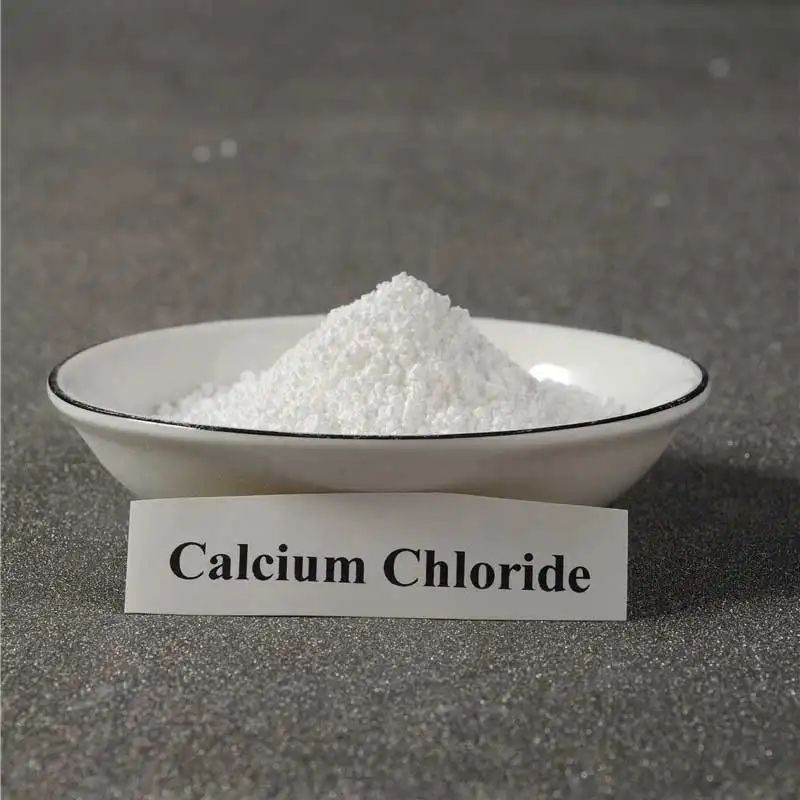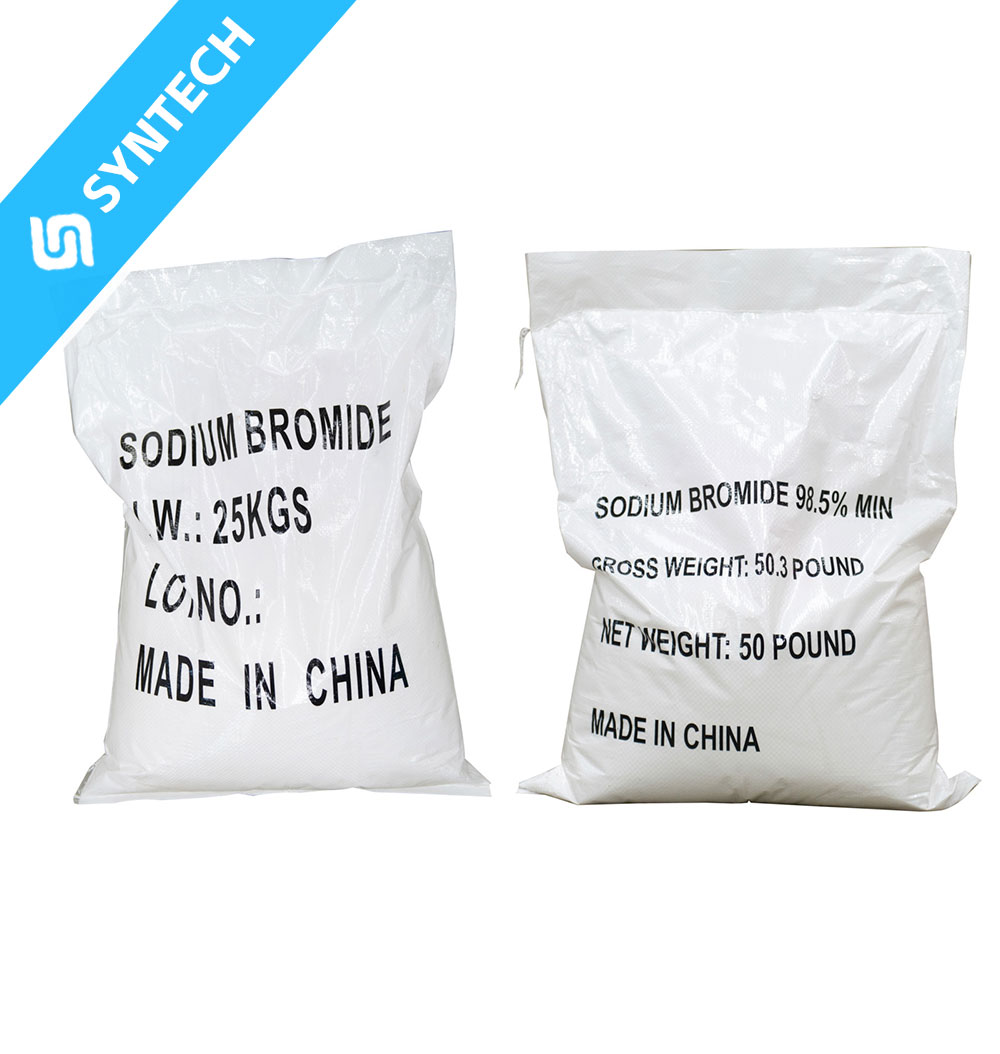Sodium methyl allyl sulfonate (also known as Sodium Methallylsulfonate or SMAS) is a chemical compound with the molecular formula C4H7NaO3S and CAS number 1561-92-8. Below is a detailed overview of its properties, applications, and safety information based on the search results:
Key Properties
- Chemical Names:
- Sodium Methallylsulfonate
- Sodium 2-methyl-2-propene-1-sulfonate
- 2-Methyl-2-propene-1-sulfonic acid sodium salt
- Molecular Weight: 158.156 g/mol
- Appearance: White crystalline powder
- Solubility:
- Highly soluble in water
- Poorly soluble in alcohol
- Melting Point: >300°C (decomposes)
Applications
Sodium methyl allyl sulfonate is widely used as a co-monomer and chain transfer agent in polymer chemistry, with key industrial applications including:
- Polymer Industry
- Used in polyacrylonitrile (PAN) fibers as a third monomer to improve dyeability, heat resistance, and flexibility.
- Acts as a chain transfer agent in polycarboxylate superplasticizers (PCs), enhancing cement dispersion and reducing odor.
- Water Treatment
- Functions as a monomer for corrosion and scale inhibitors, particularly effective against calcium phosphate, zinc salts, and calcium sulfate deposits.
- Oilfield Chemicals
- Polymerizes with acrylamide and acrylic acid to form dispersants and fluid loss agents, improving high-temperature and salt resistance.
- Coatings & Adhesives
- Used in thermosetting acrylic resins and paint additives to improve water solubility.
- Paper & Textile Manufacturing
- Enhances paper strength as a dry-strength agent.
- Improves fiber dye absorption in synthetic textiles.
Safety & Handling
- Hazards:
- May cause skin, eye, and respiratory irritation (H315, H319).
- Precautions:
- Wear gloves, eye protection, and masks (P280, P305+P351+P338).
- Store in a cool, dry, and sealed container away from oxidizers.
Comparison with Sodium Allylsulfonate (SAS)
While Sodium Methyl Allyl Sulfonate (SMAS, CAS 1561-92-8) has a methyl group, Sodium Allylsulfonate (SAS, CAS 2495-39-8) lacks this modification.
- SMAS is preferred in high-performance polymers due to better thermal stability.
- SAS is more common in electroplating (nickel brighteners) and simpler copolymer applications.
For procurement, SMAS is available in solid form (purity >94%) with suppliers like Ataman Kimya, while SAS is sold by TCI (purity >94%).






